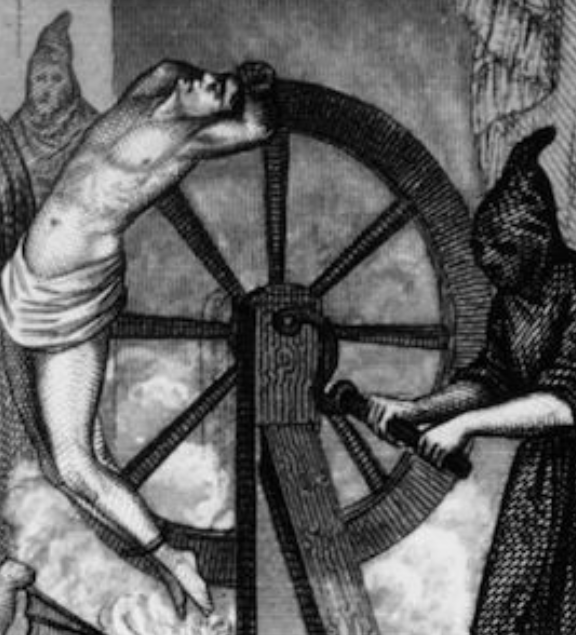«The first steps rightly directed in the track of legislation»: Jeremy Bentham on Cesare Beccaria’s Essay on Crimes and Punishments

Published 2019-05-27
Keywords
- Bentham,
- Beccaria,
- Beccaria’s Crimes and Punishments
How to Cite
Abstract
Scholars have long recognized the debt owed by the English philosopher Jeremy Bentham (1748-1832) to Cesare Beccaria (1738-94). Ignoring Beccaria’s appeals to the social contract and natural law, Bentham took the more practical positions that he had found in Beccaria’s Crimes and Punishments and, by adopting a consistently utilitarian approach, produced a more systematic and coherent theory of punishment. Scholars have also pointed out that, by his own admission, Bentham owed a vital aspect of his conception of the principle of utility, namely the elements of value of pains and pleasures, to Beccaria, while it is generally accepted that he found the phrase with which his name is closely associated, namely ‘the greatest happiness of the greatest number’, in the English translation of Beccaria’s treatise. This overall interpretation is accepted here, but I suggest that Bentham’s debt to Beccaria was even more profound and extensive than has generally been recognized. Bentham read Beccaria closely and critically, working out the extent to which the positions he found there made practical sense, and might be incorporated within his own framework of penal law and legal theory more generally. The reason that Bentham was able to accept certain positions taken from Beccaria and reject others was related to the philosophical foundations of his thought in a materialist ontology and subjectivist epistemology which did not owe anything to Beccaria. Moreover, later in life, Bentham came to the view that his own work had superseded that of Beccaria. This was not to belittle the achievement of Beccaria, but rather reflected his view that he had incorporated Beccaria’s insights into his own categorization of the main ends of punishment, namely deterrence, reformation, incapacitation, and compensation, just as he had incorporated Beccaria’s insights into moral calculation into his own principle of utility.



